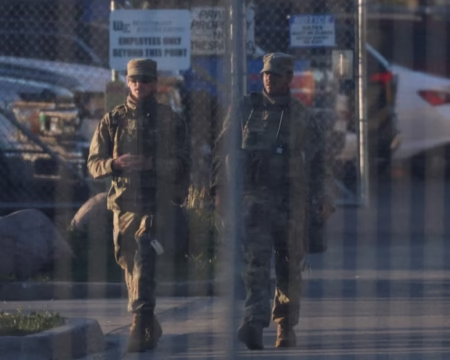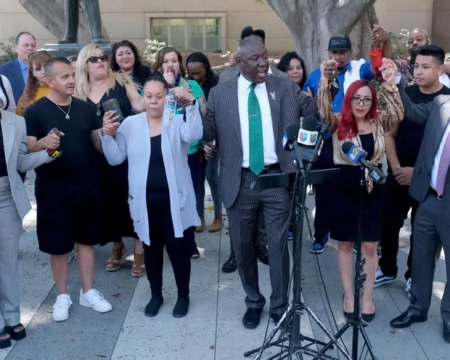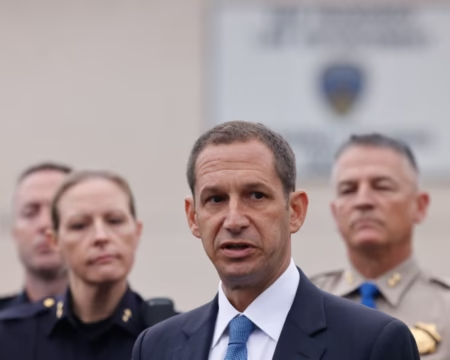The United States has reduced visa validity and entry terms for travelers from four African countries. Citizens of Nigeria, Ghana, Cameroon, and Ethiopia will now receive single-entry visas valid for just three months. This change applies to most non-immigrant and non-diplomatic visa categories.
The new rule is part of what US officials call a “global reciprocity realignment.” The previous terms allowed many travelers from these countries to enter the US multiple times over a period of up to two years or more.
The US State Department stated that the shift aligns visa terms with the treatment US citizens receive in the affected countries. However, this has triggered concern and debate in West Africa.
Nigeria rejected claims that it only gives single-entry, short-term visas to Americans. A presidential spokesman said US citizens can still receive five-year, multiple-entry visas in Nigeria. He argued that the idea of “reciprocity” does not match the reality on the ground.
Ghana’s government also responded, saying that it had already issued more than 28,500 multiple-entry visas to Americans in 2025. It expressed hope for a quick solution and support for Ghanaians affected by the new US rule.
In Cameroon and Ethiopia, US citizens can get visas valid for up to 12 months and 90 days, respectively. Officials from these two countries have not yet commented on the US decision.
The Nigerian government called the move unfair. It said the policy could harm long-standing educational and cultural ties between the two countries. Nigeria also asked the US to reconsider the decision.
A US embassy official in Nigeria said the move was not political. Instead, it was based on technical and security needs. The embassy added that the US reviews visa policies often and updates them based on current risks and diplomatic conditions.
In a related effort, the US has asked all visa applicants to submit their social media accounts. These accounts are now screened for signs of potential threats or anti-American views. This change is part of a broader push to improve security checks.
Last month, the US made even stricter moves against three other African nations. All types of visas were suspended for citizens of Eritrea, Somalia, and Sudan.
The new visa policy could affect the number of Nigerian students in the US. Nigeria is the top African country sending students to the US. The 2024 Open Doors report shows that 17,640 Nigerian students were in the US last year — a 13.5% rise from 2023.
Some Nigerians believe politics may be involved in the change. A former aide to ex-President Muhammadu Buhari suggested the visa cuts followed Nigeria’s efforts to grow ties with other global powers. He linked the move to President Bola Tinubu’s recent visit to Brazil for the BRICS summit.
Still, immigration lawyer Godwin Oke said the decision followed international norms. He explained that the US was likely responding to the visa limits it faces in some African nations. He noted that while Nigerians were getting long-term US visas, they were only offering short-term ones in return.
Earlier this year, the US mission in Nigeria warned that overstaying a visa could lead to permanent bans or legal action. Many Nigerians still see the US as a top destination for education and work. The dream of moving abroad, known locally as “Japa,” continues to grow among young people.
Despite rising visa challenges, many hope the situation will improve through dialogue and mutual respect. For now, travelers from the four affected nations will need to adjust to shorter visa terms and tighter travel rules.







